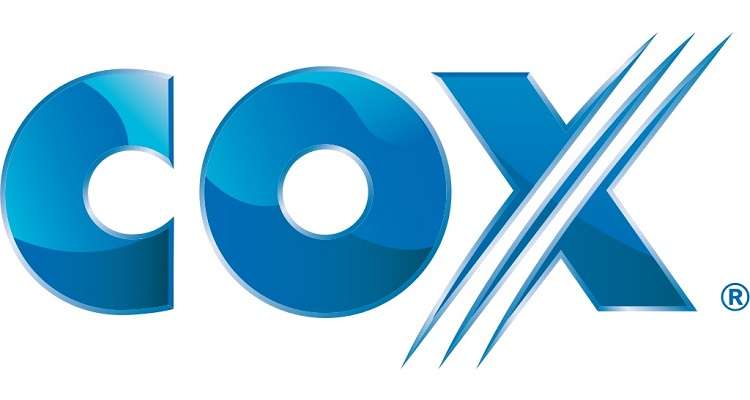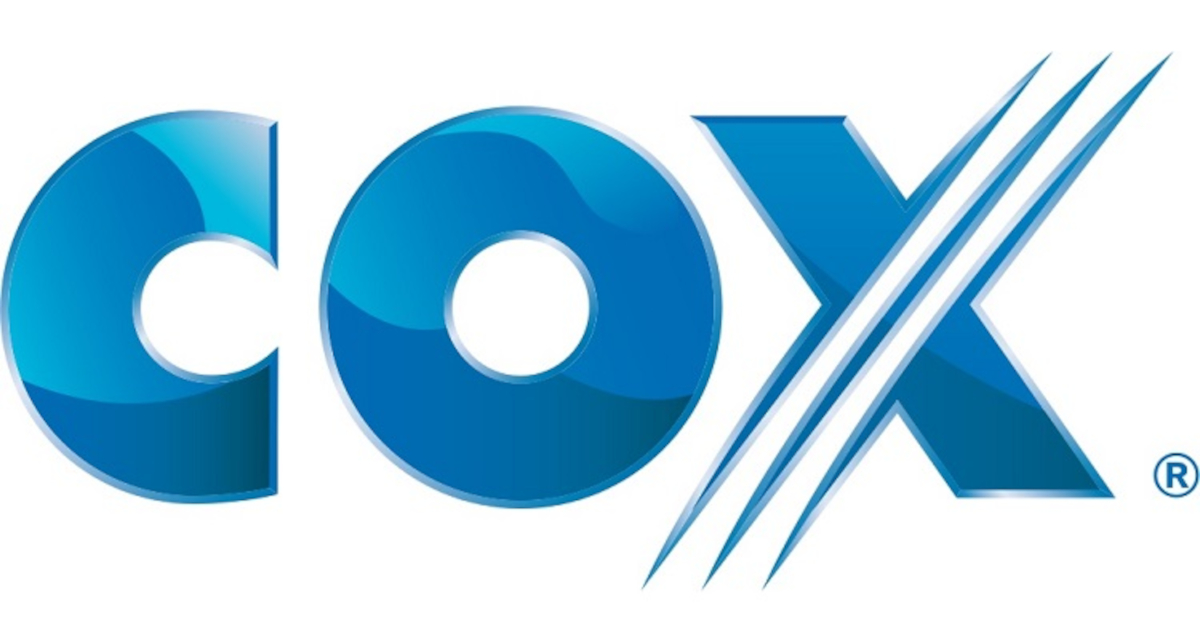
Cox Communications has officially accused the major labels of improperly creating (and then concealing issues with) evidence in their much-publicized copyright infringement lawsuit.
Atlanta-headquartered Cox Communications just recently doubled down on its request for relief under Rule 60(B)(3), which concerns “fraud, misrepresentation, or misconduct by an opposing party.” In brief, a jury in late 2019 slapped the mega-ISP with a $1 billion fine over its subscribers’ alleged infringement of 10,017 works.
2020 saw 59-year-old Cox push back against the “shockingly excessive” verdict, including by seeking to dramatically cut the list of allegedly infringed works, omitting tracks that the plaintiffs didn’t own as well as overlapping compositions and recordings.
Though the presiding judge initially seemed receptive to this duplicate-work argument, he determined in early 2021 that the $1 billion fine would stand because the ISP defendant “did not present evidence of the supposed relationship between the sound recordings and musical compositions at trial,” having instead done so after the fact.
Finally, regarding the marathon legal battle’s background, Cox – which sued BMG and Rightscorp last May over “abusive and unfair” infringement notices – in late September of 2021 took aim at the major labels’ alleged “misstatements at trial,” centering on “a hard drive allegedly containing contemporaneously downloaded files” infringed by Cox subscribers.
Now, the internet-service provider has doubled down and expanded upon these claims, as noted at the outset, indicating in a firmly worded filing: “The bottom line is that Plaintiffs lied. They lied to Cox; they lied to the Court; and they lied to the jury. And they rode those lies to a $1 billion judgment.”
These alleged lies, the defendant maintains, came to light in the major labels’ separate courtroom confrontation with Stamford, Connecticut-headquartered ISP Charter Communications, when the RIAA was compelled to produce information confirming “that the unprecedented judgment in this case was based on evidence that was created years after the alleged infringement occurred.”
“Between 2008 and 2014, their vendor [software company] MarkMonitor crawled P2P networks to identify potentially infringing audio files,” the legal document relays of the major labels’ pre-trial infringement claims.
“It then downloaded those files, submitted their ‘fingerprints’ to Audible Magic for verification that the files contained infringing material, created a database of the downloaded and verified files, and, between 2012–2014, generated notices for infringement of those files when MarkMonitor subsequently observed users purporting to share them.”
Despite Cox’s challenges to the “foundation” of the hard drive containing the allegedly infringed works – including the idea that the files thereon were downloaded in 2016 as opposed to 2013-2014, per their metadata – the major labels during the trial allegedly “tiptoed around the question of when the files were downloaded.”
Moreover, with the court ultimately opting to allow the hard drive’s introduction, the RIAA used a spreadsheet from MarkMonitor “as the link between their infringement notices and the files” stored on the device, per Cox’s filing.
The ISP sought to exclude said spreadsheet because of its “problematic origins” and “lost Audible Magic data,” but the document was eventually used by the major labels “to show that the files that appeared on the Hard Drive had all been verified by Audible Magic.”
“Discovery proceedings in Charter have revealed that Cox’s suspicions about the MarkMonitor evidence were correct,” today’s filing reads.
“Contrary to Plaintiffs’ trial testimony and their representations, the Hard Drive did not contain the digital files that were the basis of MarkMonitor’s infringement notices to Cox, and the MarkMonitor Spreadsheet did not provide evidence that the Hard Drive copies of the files admitted into evidence had been verified by Audible Magic.
Instead, the plaintiffs allegedly hired MarkMonitor in 2016 to “re-create evidence they failed to retain,” having opted not to disclose the project “to either Cox, the Court, or the jury.”
Specifically, “when MarkMonitor downloaded a file from a P2P network” – before and during the infringement window at the center of the case, that is – the 23-year-old company “authenticated it through Audible Magic, and issued an infringement notice—contrary to the trial testimony in this case—it did not retain the downloaded file.
“It only retained the file’s hash identifier. …The revelation that the files on the Hard Drive were downloaded in 2016 means that the MarkMonitor Spreadsheet, which consists of data from 2014 and earlier, and which was Plaintiffs’ evidence that Audible Magic had verified the identity of any downloaded songs before notices – did not in fact document the verification of the downloads that Plaintiffs used to prove infringement—files from 2016 that were on the admitted Hard Drive.”
This alleged post-claim-period addition of works onto the hard drive also brought with it another attempt to verify the songs’ authenticity, according to Cox, with MarkMonitor having purportedly been required to resubmit the tracks to Audible Magic as part of the aforementioned “2016 project.”
But the major labels allegedly “failed to retain the rest” of Audible Magic’s work save for a “hash report,” which, despite relating directly to the purportedly infringed tracks’ authenticity and availability on the internet, “was neither produced, nor identified, nor logged as privileged in this case,” per the defendant.
“Like the discovery violations in Schultz, Square Construction, and Ebersole, Plaintiffs’ failure to produce or disclose the PCAPs [the missing hard-drive files], the Hash Report, the 2016 Audible Magic data, and their concealment of the relationship between the 2016 SOW [statement of work] and the ISP notice program (i.e., the program through which the evidence used in this case was compiled) constituted a failure to disclose plainly relevant material that had been requested by Cox and ordered by the Court.
“The judgement and resulting award were irredeemably tainted by Plaintiffs’ misconduct,” the document proceeds. “Plaintiffs and their counsel repeatedly and deliberately misled Cox, the Court, and the jury about the provenance of the audio files on the Hard Drive and, consequently, about the connection between those files and the MarkMonitor Spreadsheet.”
At the time of this piece’s publishing, the RIAA didn’t look to have commented on Cox’s newest arguments on social media. Over the summer, the major labels sued Norwalk, Connecticut’s Frontier Communications for allegedly failing to “address the rampant infringement on its network.”

